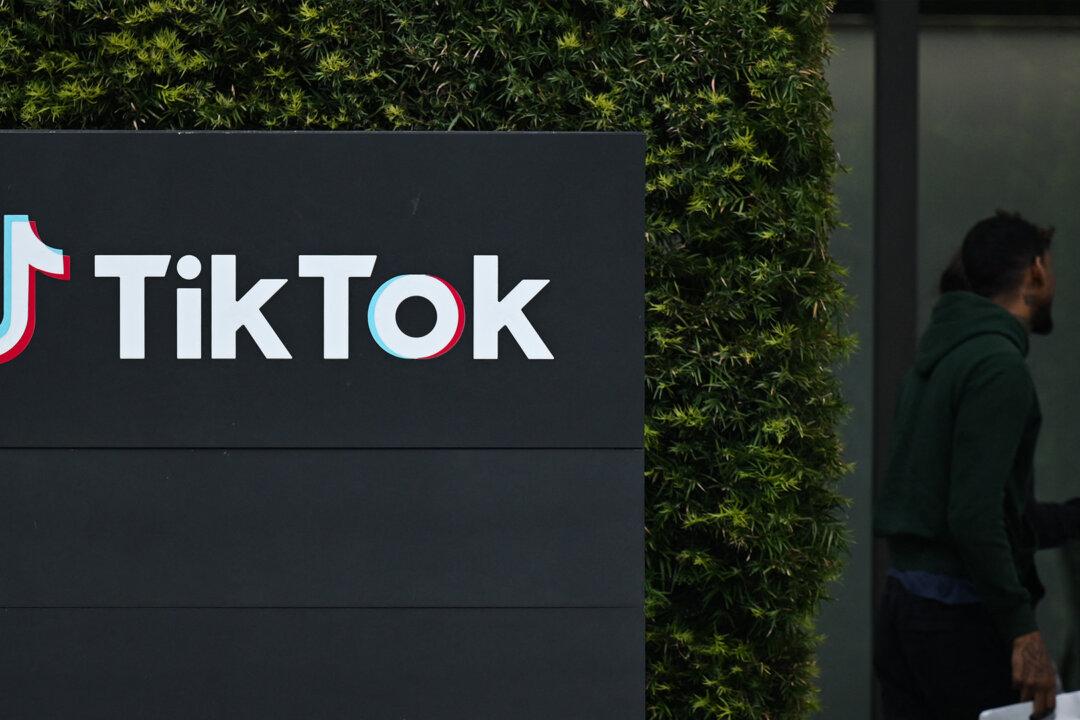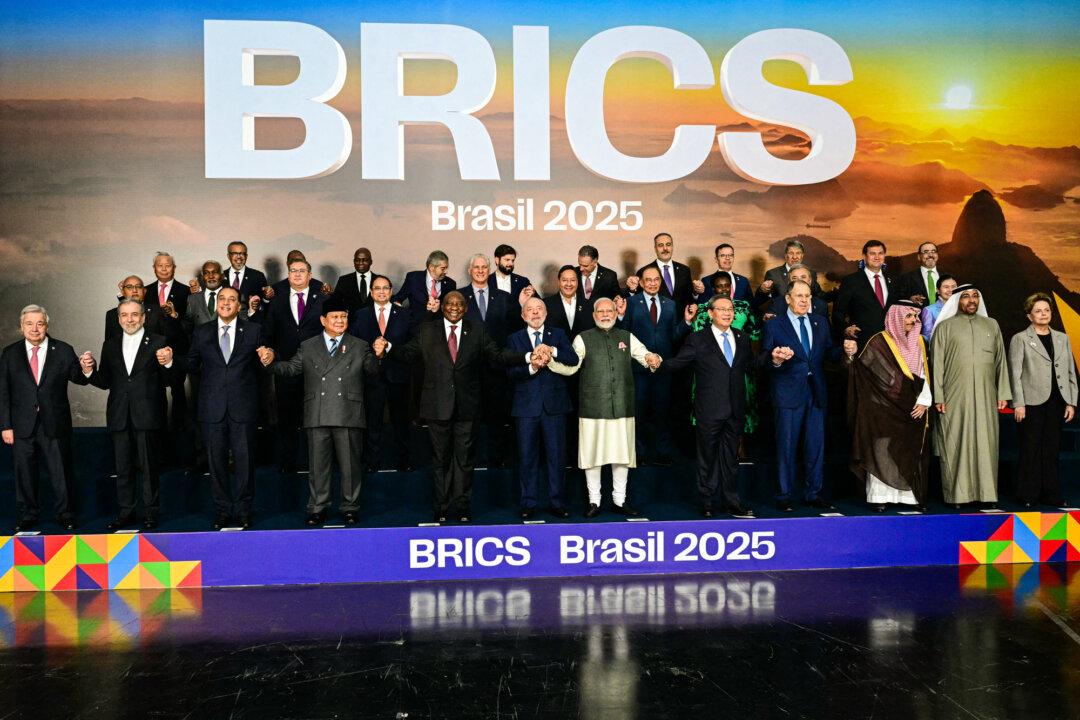Commentary
Even before President-elect Donald Trump is sworn into office on Jan. 20, the first shot in the next battle of the trade war between the United States and the Chinese regime may have already been fired. That’s because, on Jan. 19, the Chinese-owned social media platform must either be sold to a U.S. company or be banned from the United States.





